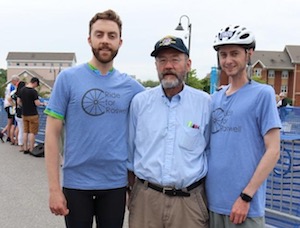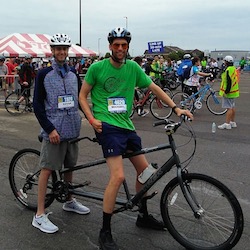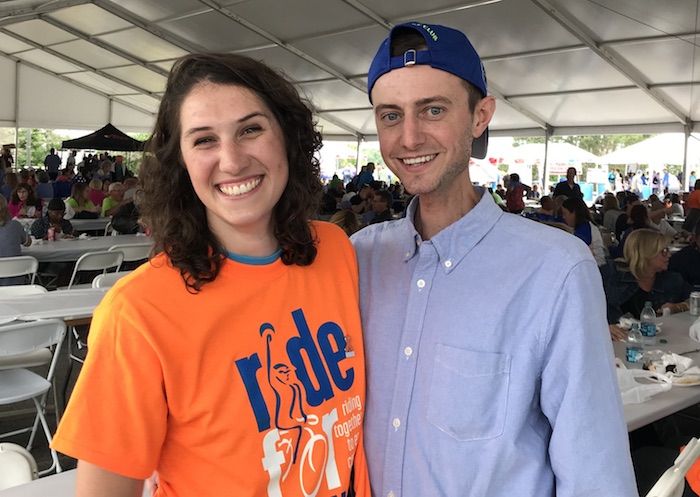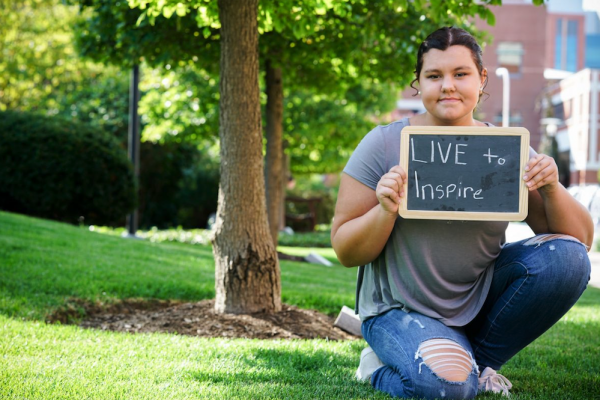If you’re going through a BMT journey, I think it’s really important to connect with other people who have been through it.
Six years ago, when I had my transplant, I didn’t know what to expect, and I didn’t know anyone who had been through it. No one else can really relate during that time, because it’s such a different level of complications. You get knocked down pretty hard; it’s not easy for someone else to understand unless they have experienced it.
Never miss another Cancer Talk blog!
Sign up to receive our monthly Cancer Talk e-newsletter.
Sign up!As with anything in life, when you’re going through something difficult, it can seem as if your whole world is going to end. It’s hard to see a positive future. But looking back, you realize that you got through it and everything is fine. This is your new life, and once you get adjusted to it, it will be much easier.

Now I try to speak with as many BMT patients as I can, and to be honest about the whole situation. Yes, this is going to suck, and you are going have some very bad days. But you are also going to have good days. There will be positives out of this — you will become closer as a family and you will appreciate life more. You just need to fight through the bad.
This year I rode in The Ride For Roswell with two other BMT survivors — Leah and Jason. I actually met both these survivors through Dr. McCarthy. He knows that I’ve been through a lot — I’ve experienced graft-versus-host disease and had many other symptoms from the transplant. But I also have a positive attitude, so Dr. McCarthy likes me to talk to other people who are going through the transplant process. The day before Leah’s transplant, I went and had dinner with her family and fiancé to show them that I am still here, I am doing well and she will also get through this.
Being in your 20s during cancer has its own unique challenges. You are just starting to figure life out. When I was diagnosed, I was healthy, playing D3 soccer, and had 50 more pounds of muscle than I have now. I was enjoying life. But cancer happened. It’s all about what you can do from that situation. You have to continue life. My loved ones get mad at me all the time for pushing myself, but I won’t stop. I am not going to stop doing things if I can help it. I coach soccer now and love spending time outdoors.

I’ve come to have a true appreciation for life and for others. I think, especially now, people need to learn to help each other out. There is so much turmoil in the world; everyone is worrying about themselves, and you see a lot of hate out there. If we take a step back, we will realize that everyone is going through something, and we all need to lift each other up. If you enter a room with 50 people, every single person could teach you something, if you just take the time to listen.
Editor’s Note: Cancer patient outcomes and experiences may vary, even for those with the same type of cancer. An individual patient’s story should not be used as a prediction of how another patient will respond to treatment. Roswell Park is transparent about the survival rates of our patients as compared to national standards, and provides this information, when available, within the cancer type sections of this website.

